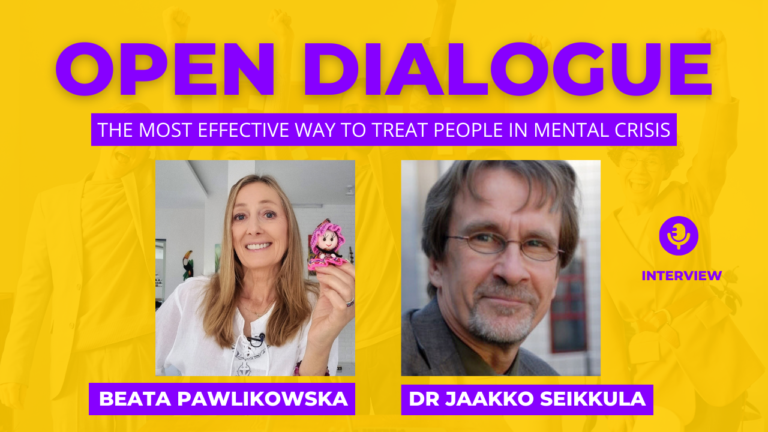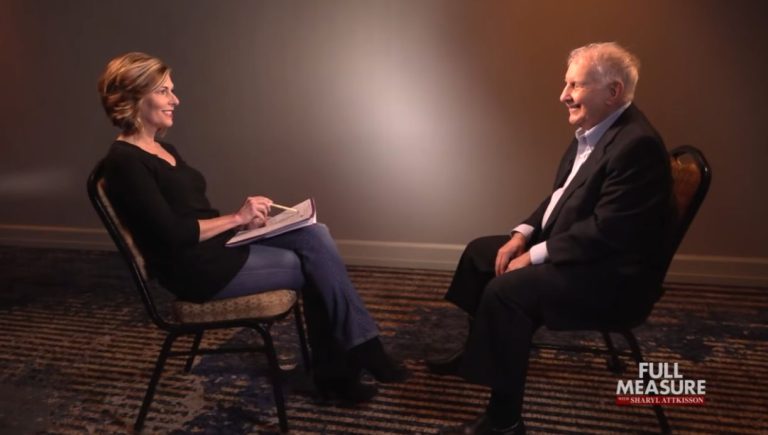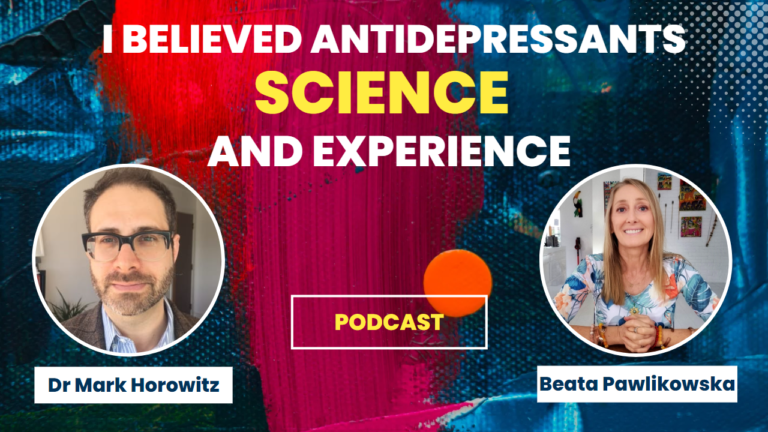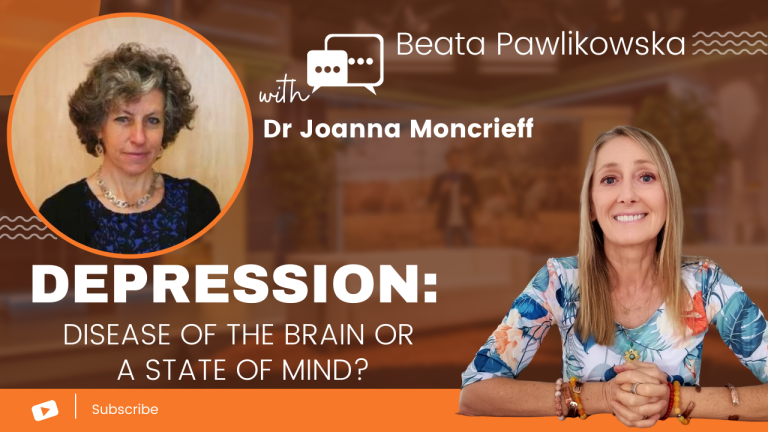How antidepressant withdrawal can “trap people”
Dr Allan Frances: There’s nothing easier in the world than starting an antidepressant. Primary care doctors are given far too little time with their patients. And the only way they can get a patient out of the office satisfied, after a seven-minute visit, is to write a prescription. 80% of the antidepressants are prescribed by primary care doctors, usually after seven minutes, under heavy pressure from both, the patient and from the drug company to prescribe the medication. On the other hand, stopping the medicine can take years, that it requires, for some people, a very, very slow taper. And without that, they’ll have symptoms of return of anxiety, of depression, flu-like physical symptoms. And often they will misattribute this return of symptoms to thinking that they’re getting depressed again. When, in fact, it’s just the result of the withdrawal side effects.
Christiane Amanpour: And the actual symptoms while one is on these antidepressants can vary, as well. There’s a, potentially, a lack of sex drive, and other such side effects. What are some of the side effects? Weight gain.
Dr Allan Frances: You know, the antidepressants cause almost ubiquitous changes in sexual interest and performance. And this can result in serious relationship problems. They frequently cause weight gain, and sometimes very dramatic weight gain. The antidepressants can cause apathy, less motivation. And in a deeper sense, they reduce the person’s pride in their own resiliency.
Christiane Amanpour: I’m fascinated, you talked about some of the demographics. So, from some of the studies in the New York Times research and articles, it seems that some of the majority of these anti-depressant pill poppers are women over the age of 40, or 45 or so. Is that correct?
Dr Allan Frances: It’s become absolutely ridiculous. One in every four women in America, after the age of 40, is taking an antidepressant on a regular basis. The use now is ubiquitous, so that amongst younger women it’s something like one in eight. And even amongst teenagers, where the antidepressants have no proven value, except for very classic severe depression in teenager, it shouldn’t be used in teenagers. No proven value. And there’s a risk of increased agitation, increased suicidal ideation. Even in teenagers the rate is 4%. So the drug companies have made antidepressant use a ubiquitous part of our society. And that’s very good for their profits. Very good for the executives, for the shareholders. It’s not good for most of the people involved.
Christiane Amanpour: Well, in fact there is one woman who is one of the people who you focus on in your book. And it’s Sarah. And just to remind again, that 80% of antidepressants, you say, are prescribed loosely by GPs after an interview that usually lasts less than about 10 minutes. So, this Sarah says she was misdiagnosed as being a depressive, when she was really just very sad and grief struck, stricken, about the suicide of her son. And she told you, quote “The doctor was clinical, brushing aside my fears and my loss. I needed someone who would understand and share the pain that I was going through, not put a cold medical label on it”. How much of that kind of situation and diagnosis did you see as you were doing your book?
Dr Allan Frances: Well, I think she’s a particularly poignant heartbreaking case because her son had actually himself been mistreated, overprescribed medication. It caused side effects. He actually killed himself with the medication he was prescribed. She’s feeling grief, and after a few minutes a doctor overprescribes medication for her. This is a very common story. I think people have to become educated for themselves, their family members and particularly their children, not to accept a quick diagnosis of depression, not to accept the pill. The diagnosis of depression should just take not one session, but normally weeks and sometimes even months. Most people come to a doctor on the worst day of their life. If nothing is done, except watchful waiting, support, advice, most of the people will get better in the short run. What’s happening now is they get a very quick prescription of a pill. And then there may not be an end point because stopping the pill will be so difficult. And the person will assume that the pill is keeping them well.
Christiane Amanpour, one of CNN’s most famous journalists, in an interview with Dr. Allan Frances, an American psychiatrist who served as chairman of the group of the American Psychiatric Association that oversaw the creation of the fourth edition of the Diagnostic and Statistical Manual of Mental Disorders. , DSM-IV).







